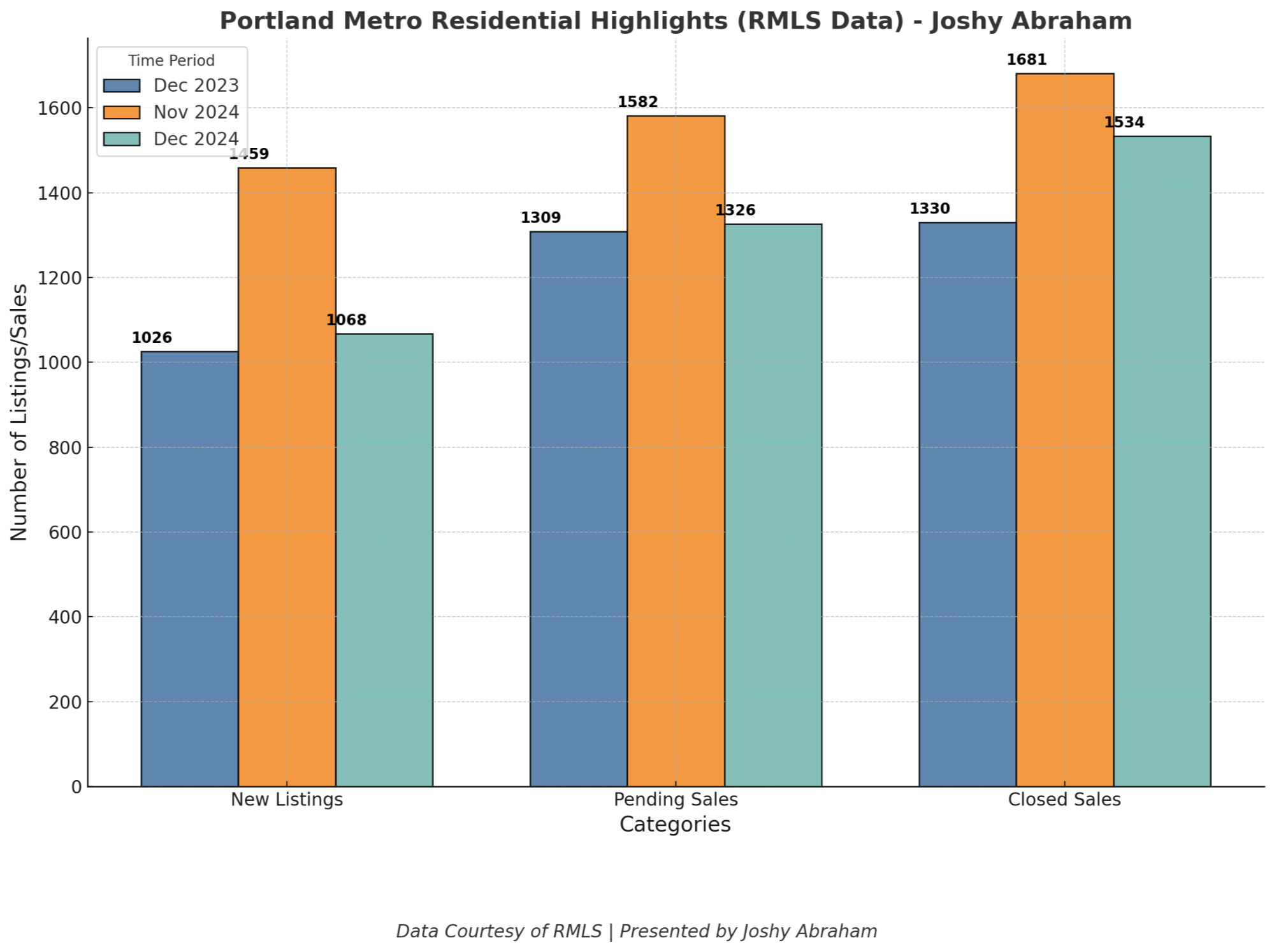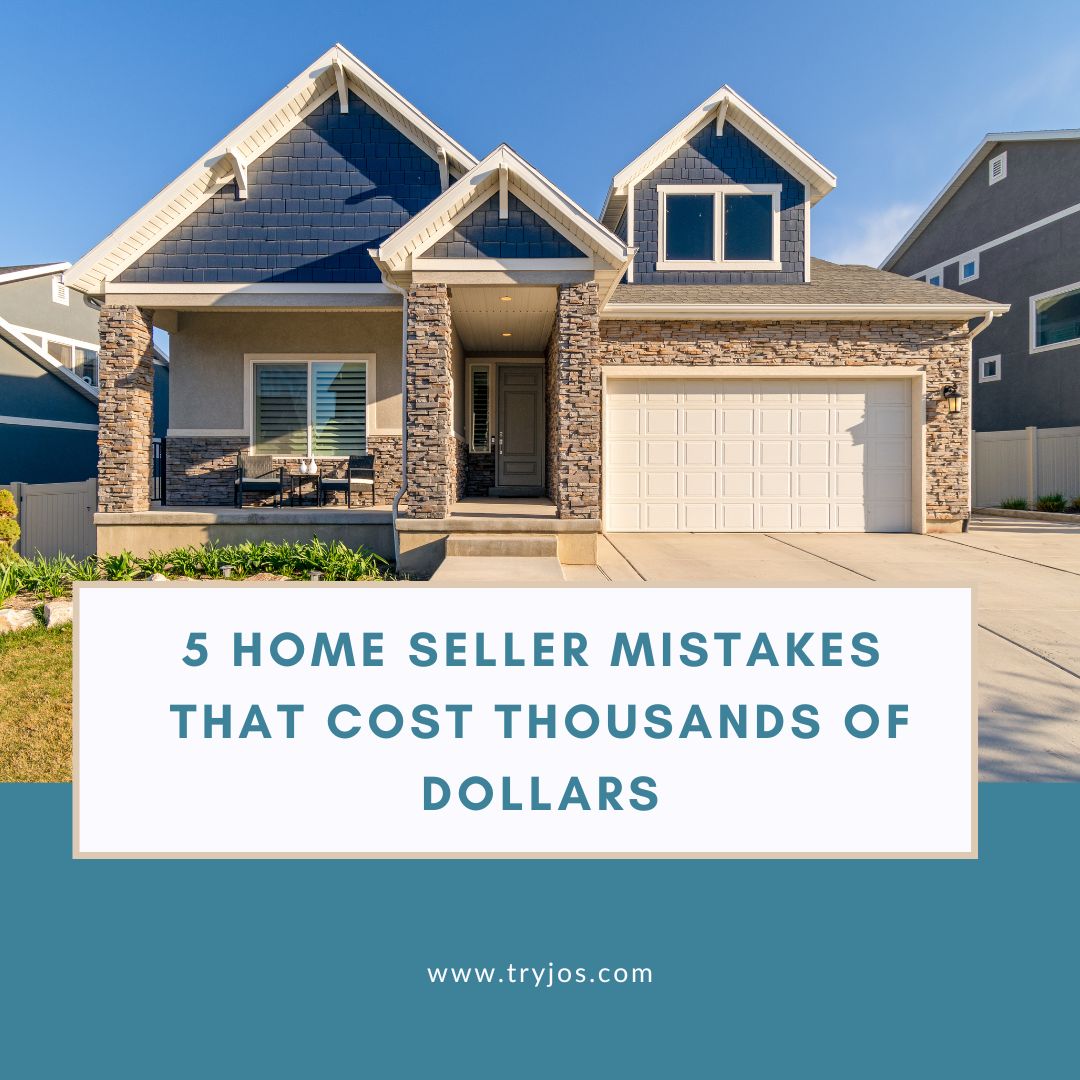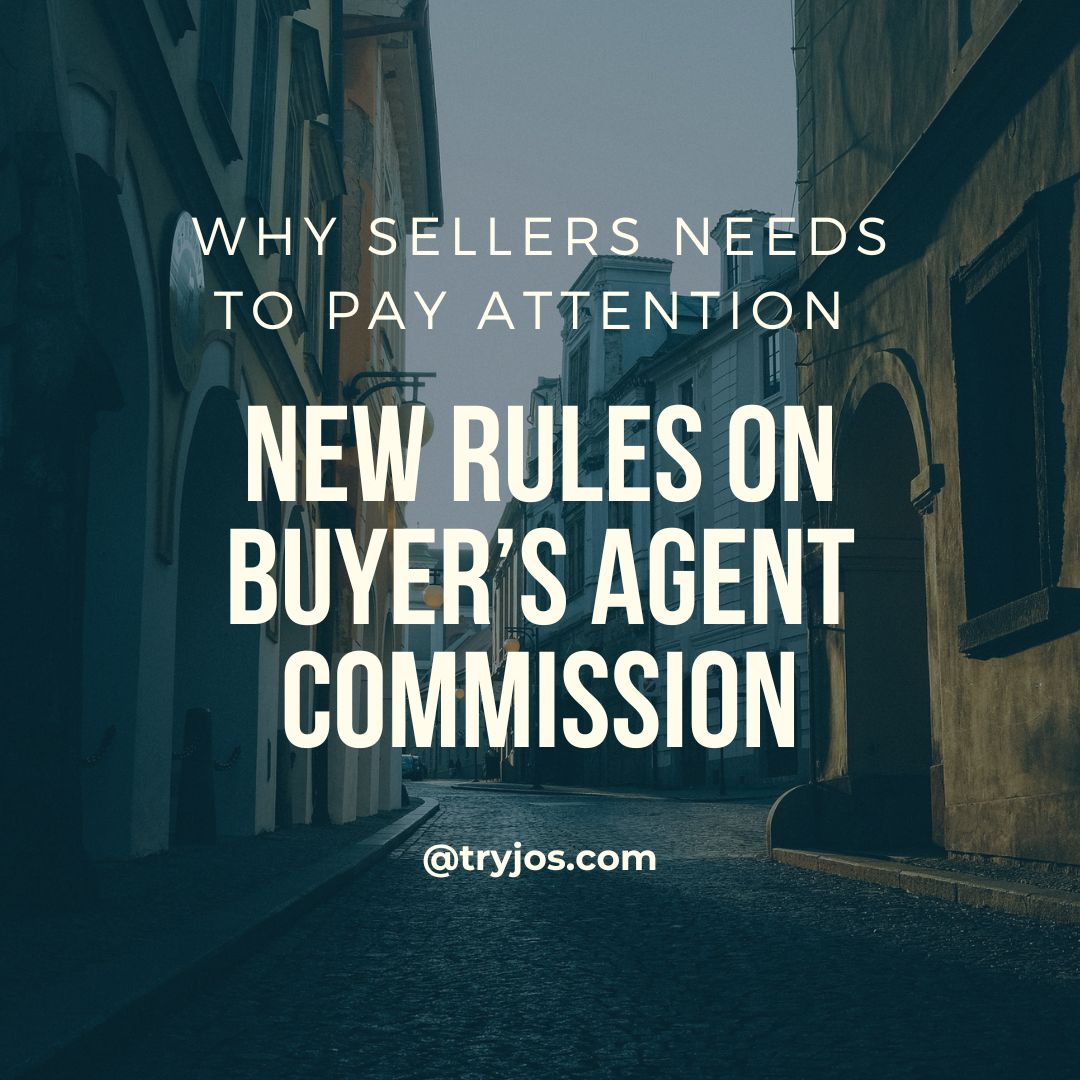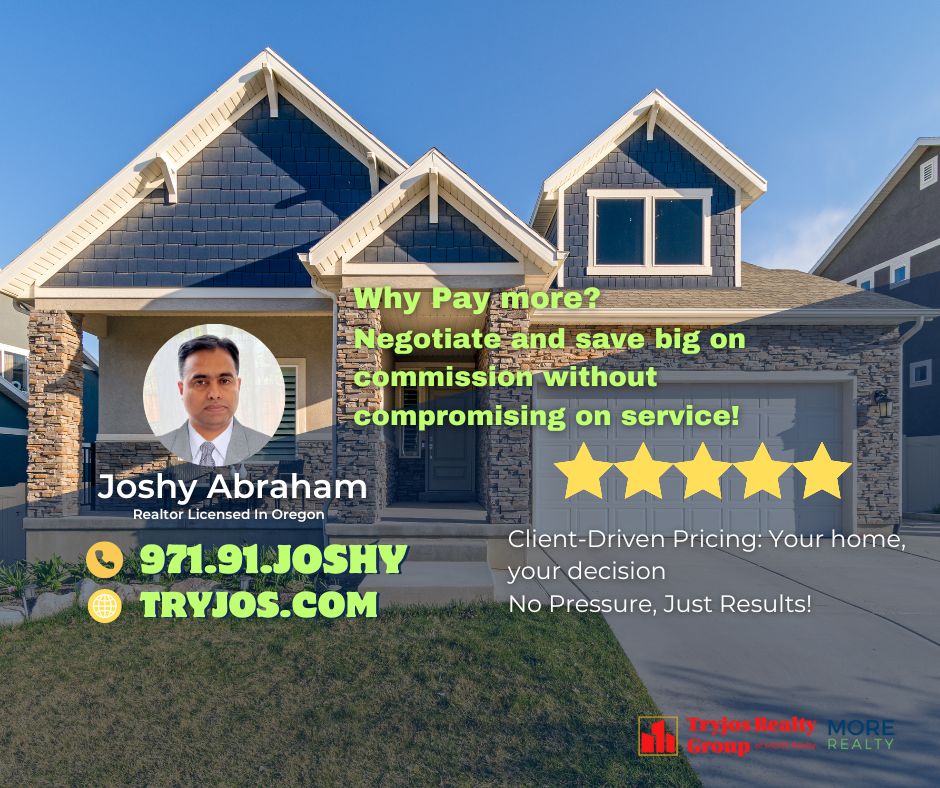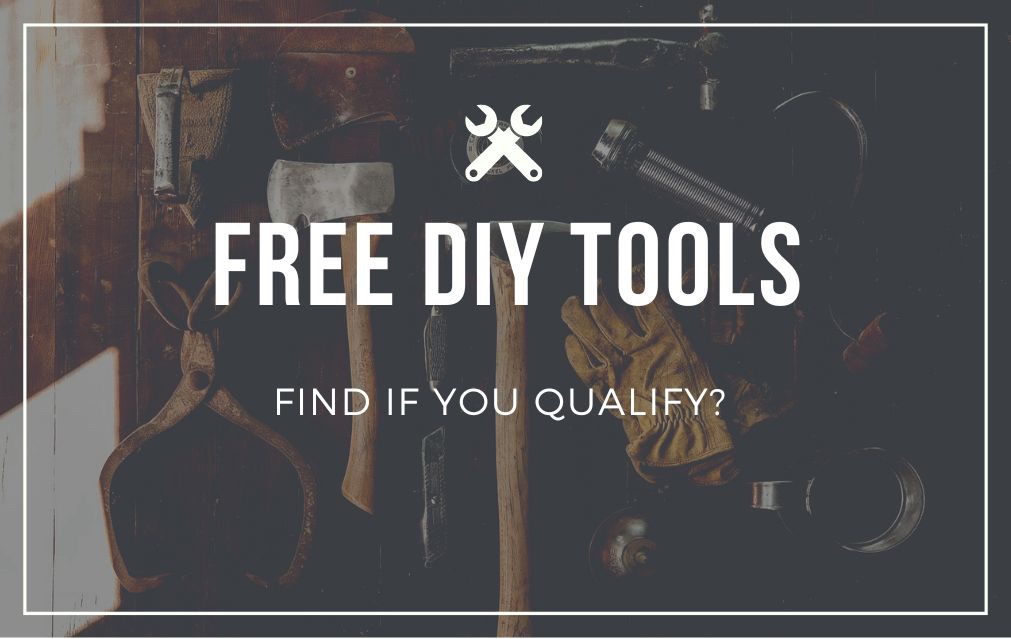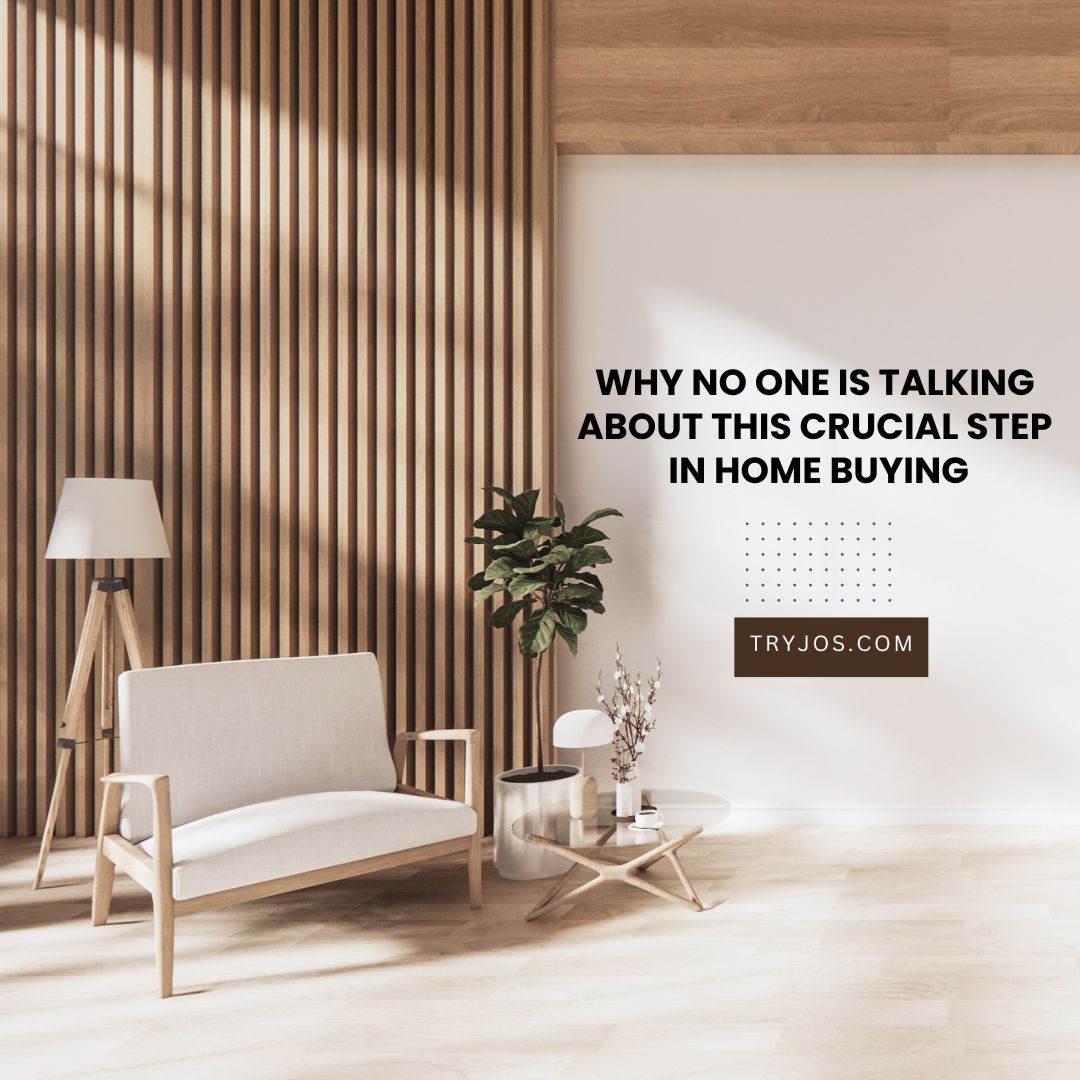5 Shocking Myths About Home Buying You Need to Stop Believing!
Buying a home is a monumental decision, and it's easy to get caught up in common misconceptions that can mislead or discourage you. Whether you're a first-time buyer or seasoned homeowner, it’s crucial to separate fact from fiction. Here are five shocking myths about home buying that you need to stop believing!
1. Myth #1: You Need a 20% Down Payment
One of the most persistent myths is that you must have a 20% down payment to buy a home. While a larger down payment can reduce your mortgage payments and eliminate the need for private mortgage insurance (PMI), it’s not a strict requirement. Many loan programs, including FHA and VA loans, offer options with much lower down payment requirements, sometimes as low as 3%. This makes homeownership more accessible to a wider range of buyers.
2. Myth #2: Renting is Always Cheaper than Buying
The idea that renting is always cheaper than buying is a common misconception. While renting might require a smaller initial financial outlay, it doesn’t build equity or offer the same long-term financial benefits as homeownership. Additionally, with low-interest rates and various loan programs available, monthly mortgage payments can be comparable to or even lower than rent payments, especially when considering the potential tax benefits of owning a home.
3. Myth #3: You Must Have Perfect Credit to Buy a Home
While a high credit score can help you secure better interest rates, it’s not the only path to homeownership. Lenders consider multiple factors when approving a mortgage, including your income, debt-to-income ratio, and employment history. There are loan options available for buyers with less-than-perfect credit, such as FHA loans, which are designed to help those with lower credit scores and smaller down payments.
4. Myth #4: The Best Deals Are Found at Open Houses
While open houses can be a great way to view multiple homes quickly, they aren't always the best way to find the best deals. Open houses often feature well-staged homes that may create a perception of higher value. In some cases, homes that don't have open houses might offer better deals, as these properties can sometimes have less competition. Additionally, some of the best deals are found through private showings, off-market listings, or networking with real estate professionals.
5. Myth #5: You Should Always Buy the Most Expensive Home You Can Afford
It's tempting to stretch your budget to buy the most house you can afford, but this strategy can lead to financial strain. It's essential to consider all the costs associated with homeownership, including maintenance, taxes, insurance, and unexpected repairs. Overextending yourself financially can leave you vulnerable in the event of economic downturns or personal financial setbacks. Instead, focus on finding a home that meets your needs and fits comfortably within your budget.
Home buying is a complex process, and it’s crucial to base your decisions on accurate information rather than popular myths. By understanding the realities of the market and your options, you can make informed decisions that suit your financial situation and long-term goals.
Disclaimer
The information provided in this blog is for general informational purposes only and does not constitute legal, financial, or real estate advice. Individual circumstances can vary, and the content may not address all possible situations or considerations. Readers are encouraged to consult with licensed real estate professionals, financial advisors, and legal experts before making any real estate decisions. The author and publisher disclaim any liability for any actions taken based on the content of this article. Always conduct your own research and due diligence when buying a home.
Categories
Recent Posts

